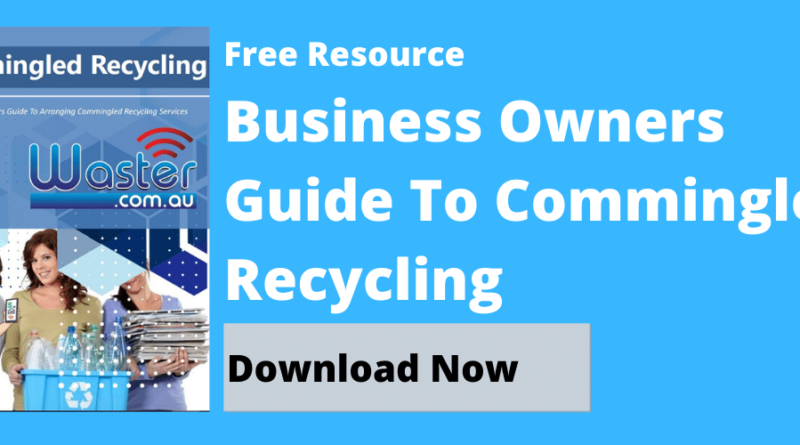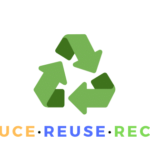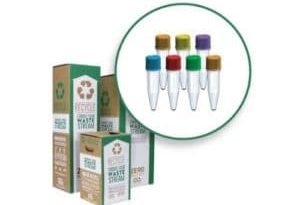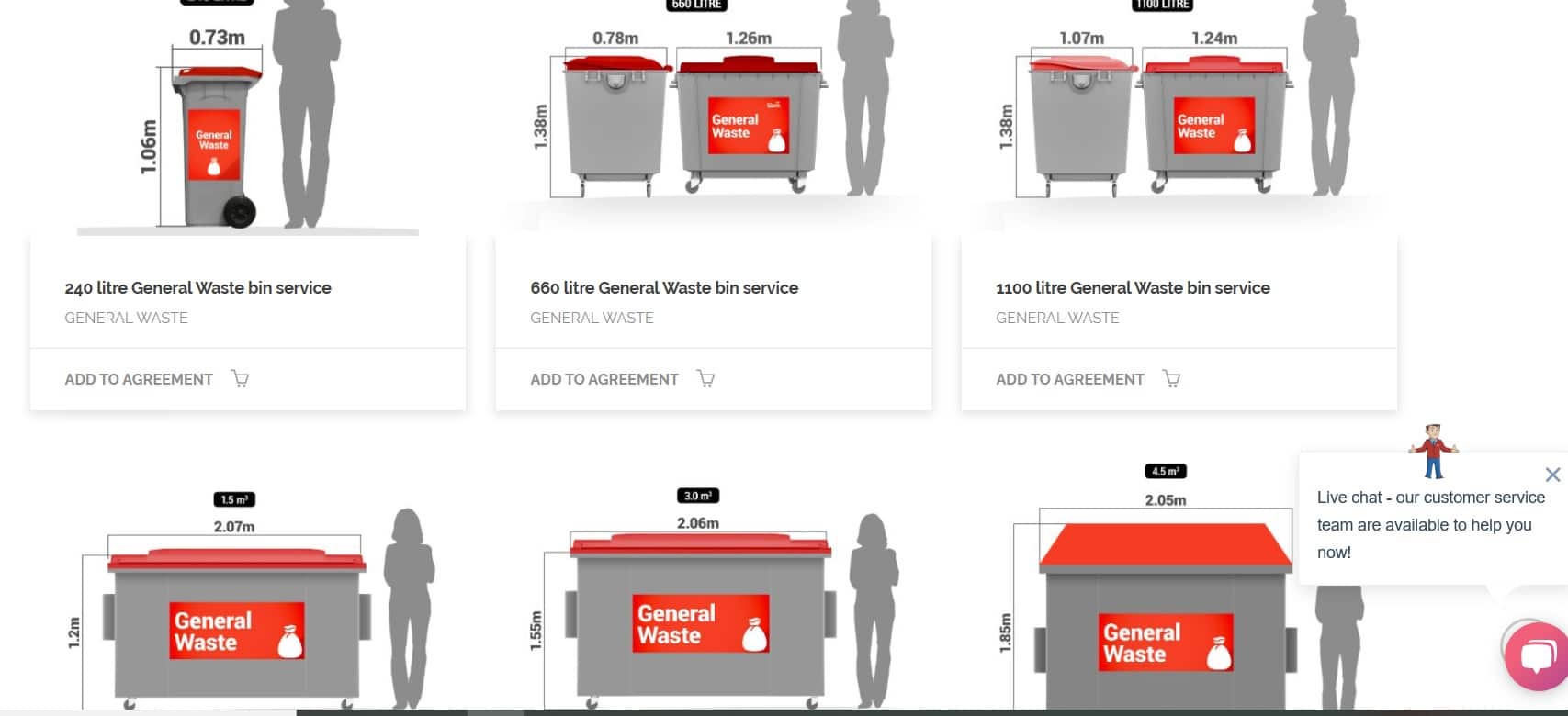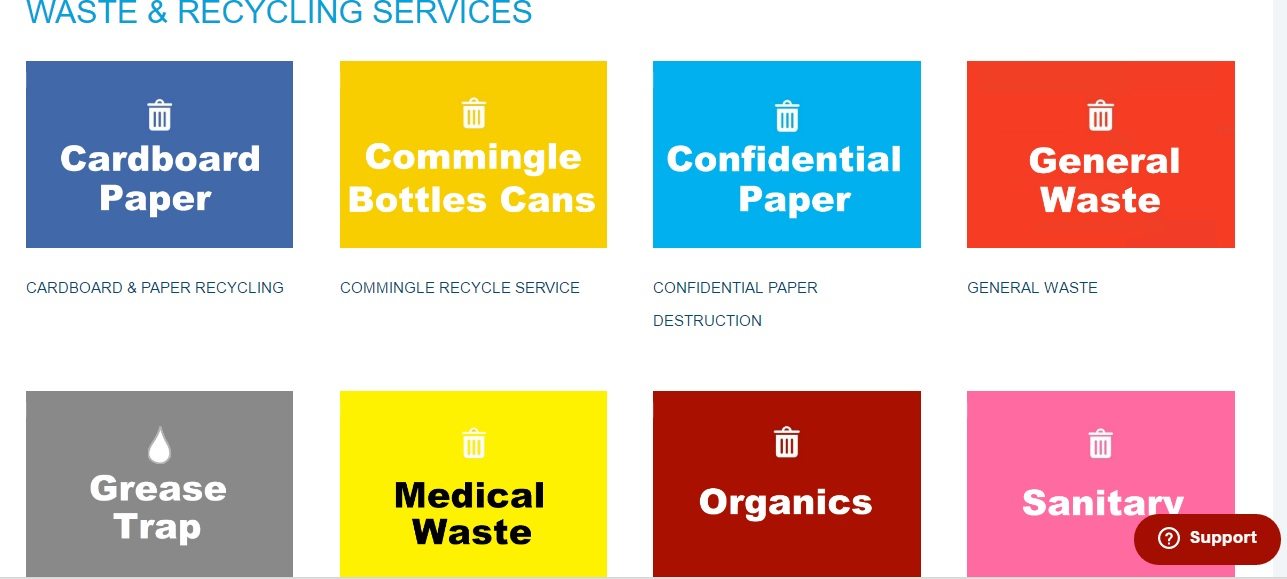Are There Any Carbon Fibre Recycling Methods Available Today? ♻️
Energy Disrupter
Carbon Fibre Recycling Methods ♻️: In this blog, we talk about the availability of methods when it comes to carbon fibre recycling. Unfortunately, we have yet to discover a breakthrough in carbon fibre recycling that can allow it to be recycled in both a household and commercial setting. But, researchers from all over the world continue to develop methods in this day and age to make it possible and normal in the future. Read this blog to learn more.
Have you tried to recycle carbon fibre products in your kerbside bin? Or better yet, have you tried contacting your local council and ask if you can recycle your carbon fibre products? Chances are your area does not accept carbon fibre products.
Our common recycling technology do not have the capabilities to break down and fully recycle carbon fibre products. Although facilities can technically grind them down, put them in a high temperature setting or use chemicals to retrieve the carbon fibre, those processes will only damage the carbon fibre. In addition, these processes can destroy the matrix resin materials in the composites.
As a result, your local council, depending on where you live, will more likely say that you should place carbon fibre products in your general waste bin.
Will carbon fibre recycling be impossible for a long time?
For now, carbon fibre recycling has more downs than it has ups. Aside from those mentioned above, carbon fibre recycling costs more than your regular methods and emits too much CO2 emissions to consider it as viable.
Day by day, we aim to focus on attaining on a more circular economy. We try to find more sustainable methods to deal with all kinds of products, which, of course, includes carbon fibre. As a result, scientists from all over the world have brainstormed, researched, noted and experimented so that they can discover a more effective method of carbon fibre recycling. Below, we cite two examples and what they have done to develop the recycling process. Read on to learn more.
Recycling solutions available for small and medium Aussie businesses, provided by Waster
Before we take you further into the discussion and cover two examples of researchers developing the carbon fibre recycling methods we have today, we want to share Waster with you.
Who is Waster? Why do plenty consider it as one of the best waste and recycling companies in Australia?
>Download Now: Free PDF Business Owners Guide To Commingled Recycling Bin Services
Simply put, Waster provides you with innovative solutions for your and your business’s waste management and recycling needs. In addition to that, we provide flexible, 30-day contracts instead of the typical lock-in contracts, which proves a better choice nowadays.
Click on the blue button below to learn more.
READ: Are Egg Shells Recyclable? We ‘Crack The Code’🥚
Carbon fibre recycling methods developed by researchers
One in the United States and another in our home Australia, 2 universities housing some of the best researchers in the world have discovered ways on how to develop carbon fibre recycling methods.
Two things come to mind on how to improve methods: one is to make it cost less and two is to still make it relatively effective compared to its original strength.
Below, let us cover the researchers of the United States.
#1: Washington State University
A few years back (reported as early as the year 2017), a Washington State University (abbreviated to WSU) research team invented and steadily developed a recyclable composite reinforced with carbon fibre. This composite, in the hopes of creating a more sustainable environment, was developed specifically to replace the non-recyclable version.
Along with his team, the leader of the project Jinweng Zhang, a professor in the School of mechanical and materials engineering, developed a new chemical recycling method for carbon fibre that employs not too-strong acids that acts as catalysts in liquid ethanol, surrounded in an area with a relatively low temperature to break down the thermosets.
When the material is finally cured and ready to be broken down, researchers raise the temperature to a higher level, which will, of course, result in the material gaining a higher temperature. The high-temperature material will result in the catalyst-containing liquid to penetrate into the composite and break down the complex structure. Zhang utilised ethanol to expand the resins and zinc chloride to break down critical carbon-nitrogen bonds. They successfully preserved the carbon fibres along with the resin material in a way that allows easy reusing.
Carbon fibre recycling method developer #2: The University of Sydney
Researchers from the University of Sydney’s School of Civil Engineering have steadily developed and improved the carbon fibre recycling method. Through their breakthrough research, they can lessen the cost of composite material recycling by 70 per cent and decrease CO2 emissions by 90 to 95 per cent. In addition, the recycled carbon fibre can and should retain nearly 90 per cent of its original strength.
The process involves two stages: heating and cooling within absolute limits to retain the functionality of carbon fibre. The researchers from the University of Sydney hope that their developed carbon fibre recycling method can break through and aid the Australian industry in producing more high-grade and low-cost structural materials.
Waster’s final thoughts
We fully support these universities and researchers aiming to develop carbon fibre recycling methods more.
For now, you can only put your carbon fibre products in the rubbish bin if you wish to dispose of them. There is no recycling option commercially available yet. It is only a matter of time, however, when carbon fibre recycling becomes commercially available.
When this becomes commercially available, we can say goodbye to carbon fibre products going into landfills!
[embedded content]
Contact Waster right now for your waste and recycling needs!
Does your Australian-based business need waste and recycling services? If so, then you have come to the right web page!
Please call 1300 WASTER (1300 927 837). You can also email us at [email protected] if you have any further questions. Find the best deals in terms of waste and recycling pricing and services!




